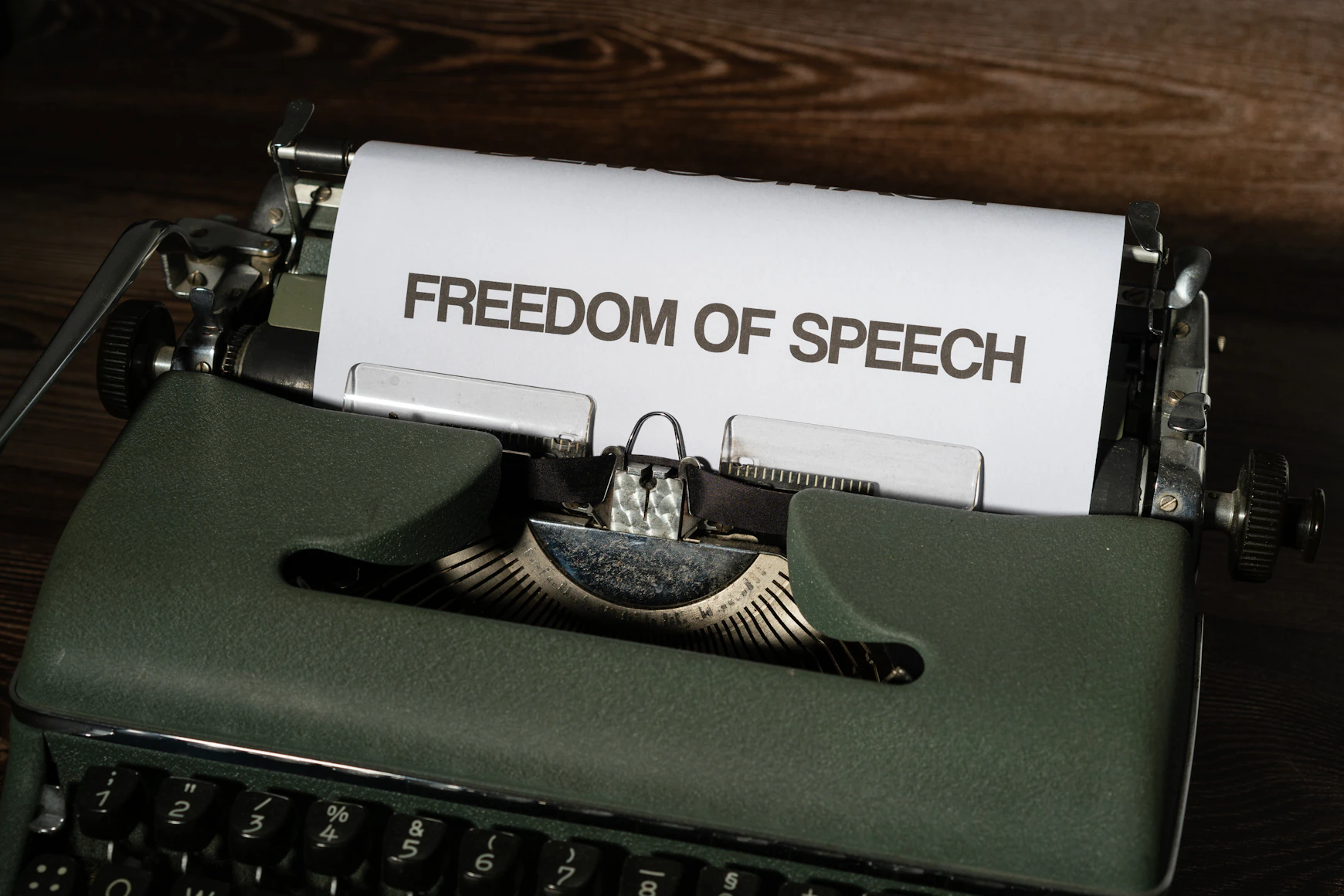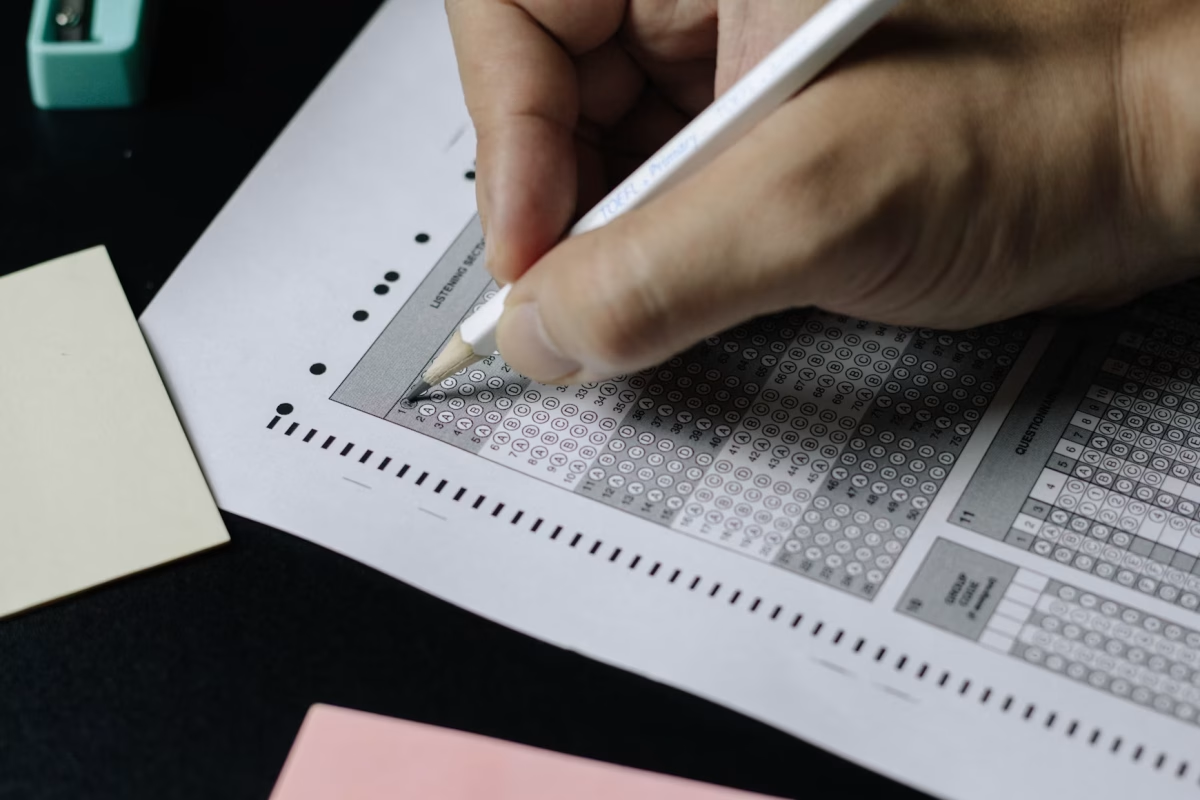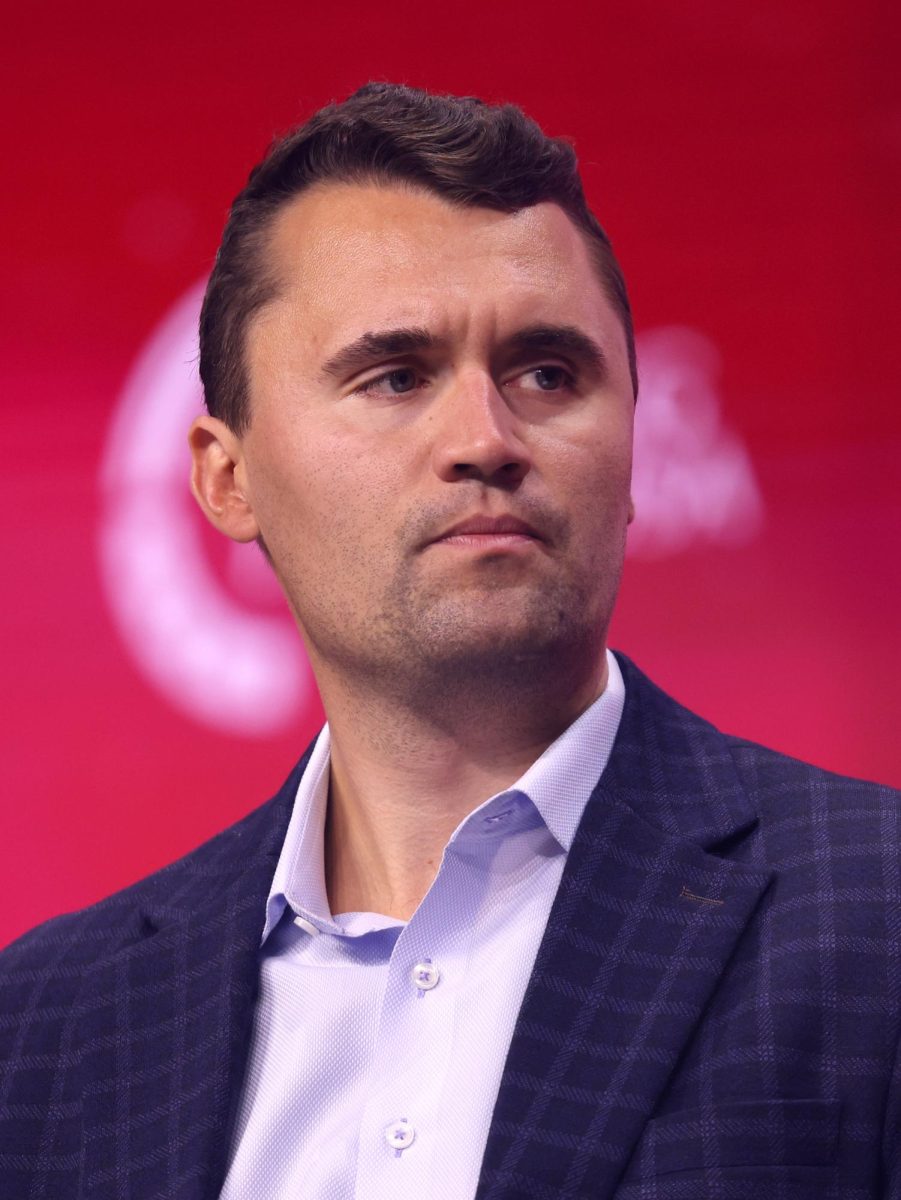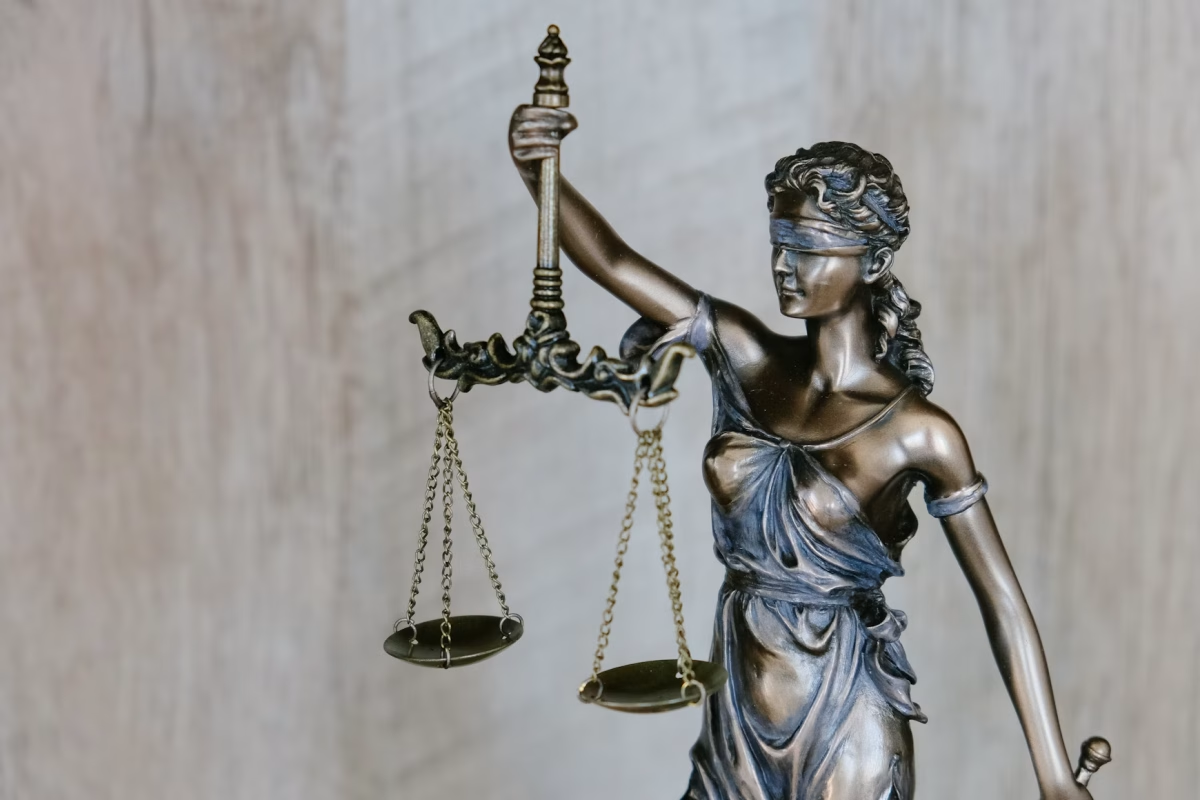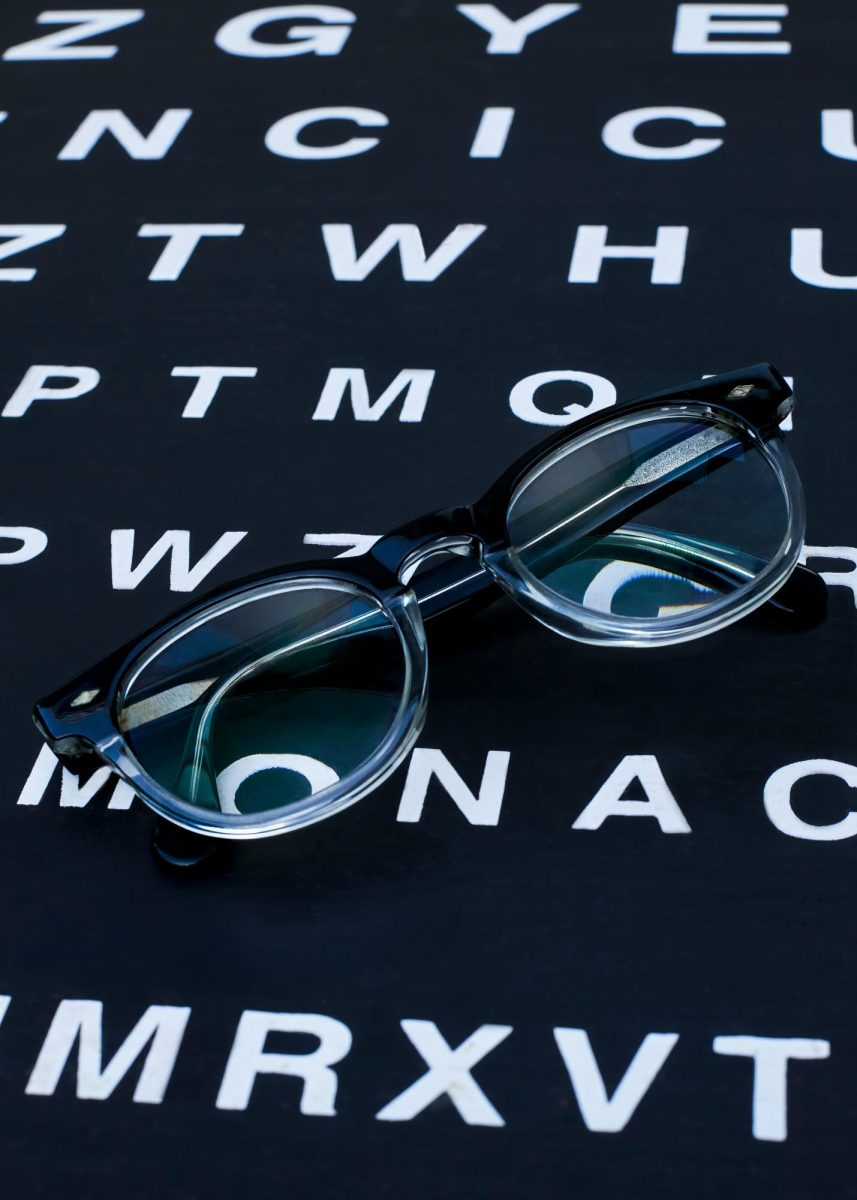Student groups across the University of Texas at Austin and the University of Texas at Dallas have filed a federal lawsuit against the University of Texas System. They are arguing that a newly enacted state law violates their free speech rights by banning expressive activities overnight and during critical academic periods, among other restrictions. The students say these rules amount to an unconstitutional curb on their First Amendment freedoms.
Filed on Sept. 3 in the U.S. District Court in Austin by the Foundation for Individual Rights and Expression, the lawsuit targets Senate Bill 2972, known as the Campus Protection Act. The act prohibits a wide array of expressions from music and prayer to political speech and journalism, from 10 p.m. to 8 a.m. as well as during the last two weeks of each semester.
The law took effect on Sept. 1, marking a reversal of a 2019 policy that had treated outdoor campus areas as traditional public forums for free expression. The plaintiffs are seeking a court injunction to halt enforcement of the law, which they refer to as blanket censorship on campus speech overnight and during final exam periods.
“The First Amendment doesn’t set when the sun goes down,” said JT Morris, a senior attorney with the Foundation for Individual Rights and Expression, emphasizing that students have the right to express themselves at any hour. “University students have expressive freedoms whether it’s midnight or midday, and Texas can’t just legislate those constitutional protections out of existence.”
Lawmakers in Texas passed the Campus Protection Act earlier this year in response to a series of protests on college campuses last spring. Sen. Brandon Creighton, who authored the law, pointed to a pro-Palestinian sit-in at UT Austin in April 2024 that drew hundreds of participants and resulted in more than 100 arrests.
Supporters of the measure, mostly Republican legislators, argue it will prevent disruptive overnight protests and safety hazards on campus. The law authorizes each university system’s governing board to designate where protests can occur on campus and prohibits certain protest tactics.
Student journalists and activists say the law’s broad language could criminalize everyday activities. The ban on overnight expressive activities could be interpreted to forbid late-night study groups, artistic performances, or even wearing a T-shirt with a political message after dark, according to the lawsuit.
Maria Shaikh, managing editor of The Retrograde, an independent student newspaper at UT Dallas, said most of her team’s reporting and editing happens in the late hours.
“We just wouldn’t be able to be student journalists and do that journalism that we do – get the paper out on time, get articles edited in time,” Shaikh said. “We would fail our journalistic mission.”
Gregorio Olivares Gutierrez, The Retrograde’s editor in chief, warned that the policy puts student media in an impossible position.
“Under these new rules, we’re at risk of being shut down simply for posting breaking news as it happens,” Gutierrez said. “With that threat hanging over our heads, many student journalists across the UT system face the impossible decision between self-censorship and running a story that criticizes the powers on campus.”
Other students point to potential impacts on religious and social groups. Juke Matthews, committee chair of the Fellowship of Christian University Students at UT Dallas, said his ministry often holds small-group worship sessions that run past 10 p.m. – especially during finals, when students seek spiritual support.
“My main hope is that we can continue protecting the rights that have already been given to us on campus and not have more burdens tacked on to how we operate as an organization,” Matthews said.
Critics of the Campus Protection Act say that the restrictions contradict a law Texas passed in 2019 that had expanded free-speech zones on campuses. That law required public universities to allow anyone, including off-campus visitors, to engage in expressive activities in outdoor common areas. In contrast, the Campus Protection Act limits expressive activities to students and employees only and imposes significant time constraints.
“If you try to weaken First Amendment rights to go after some speech, you wind up diluting the First Amendment protection for everyone,” said FIRE attorney Adam Steinbaugh.
Morris added that officials already have tools to stop genuinely disruptive behavior “that do not involve such a broad censorship mandate.”
University officials have been cautious in response to the lawsuit. The UT System said in a statement that it had not yet reviewed the filing and could not comment on pending litigation.
Legal experts note that this case is part of a broader battle over speech and governance in Texas higher education. The plaintiffs insist that the Campus Protection Act is too heavy-handed. As the new semester begins, the UT students say they simply want to continue praying, performing, reporting and expressing themselves on campus without fear, no matter the time of day.
